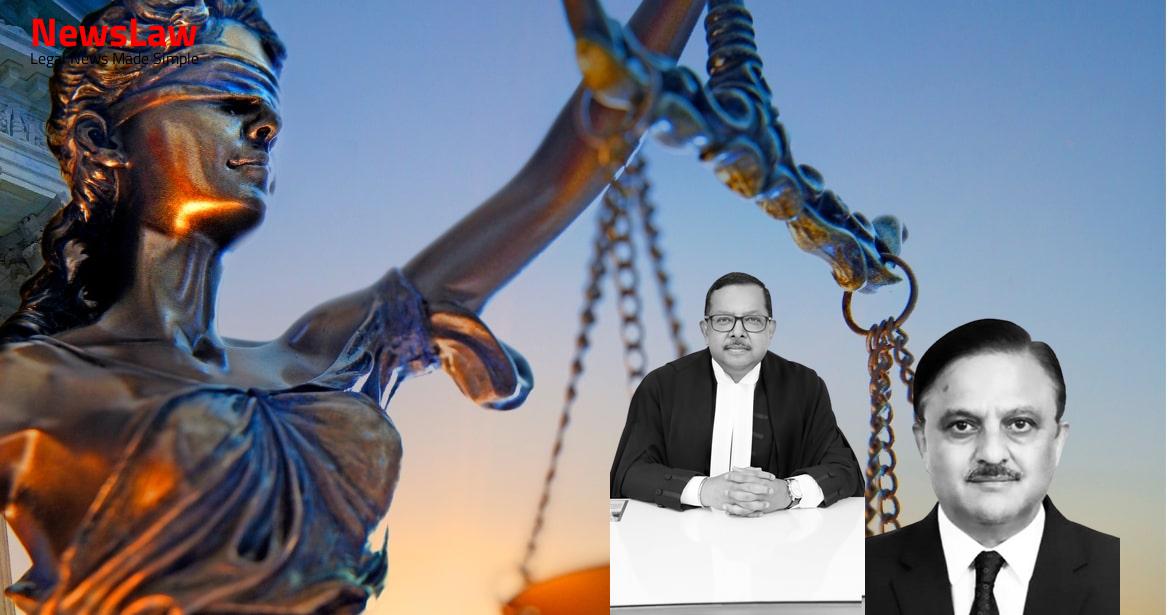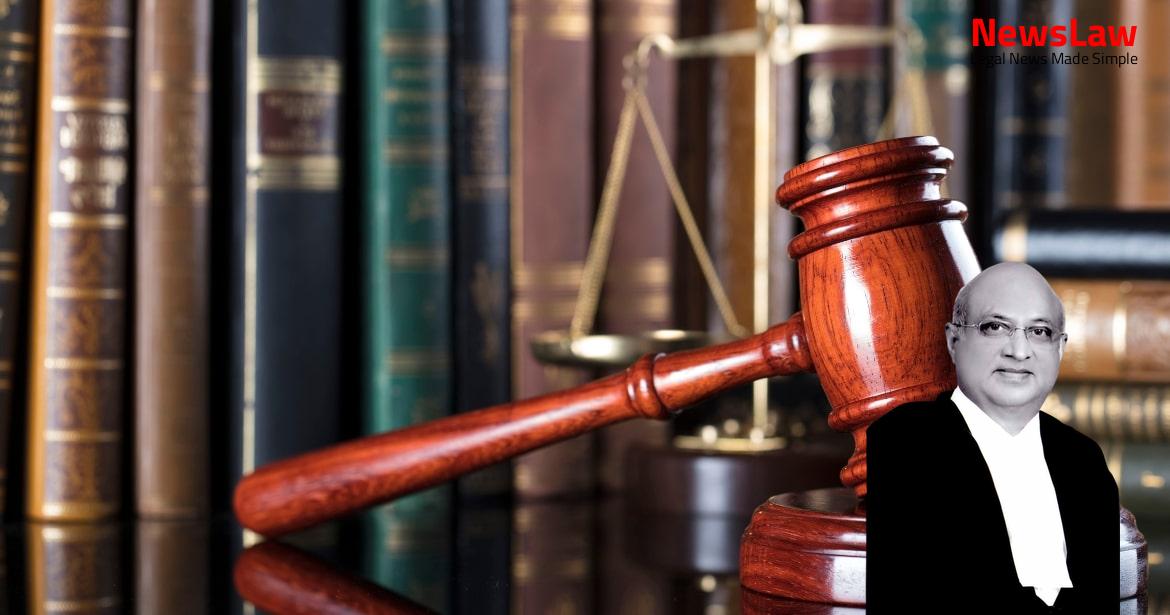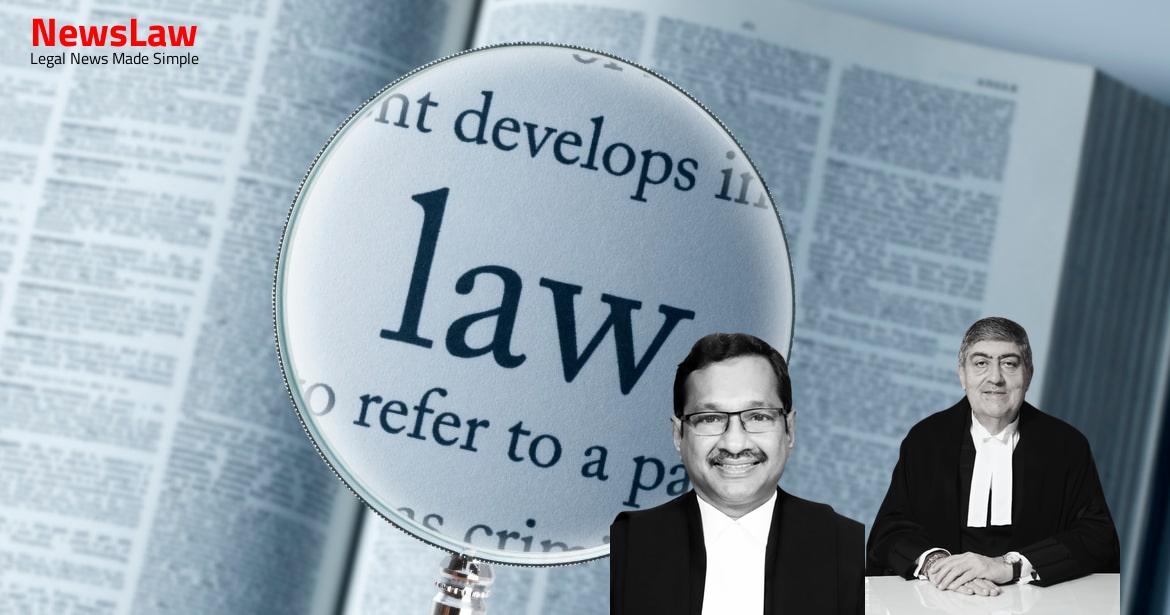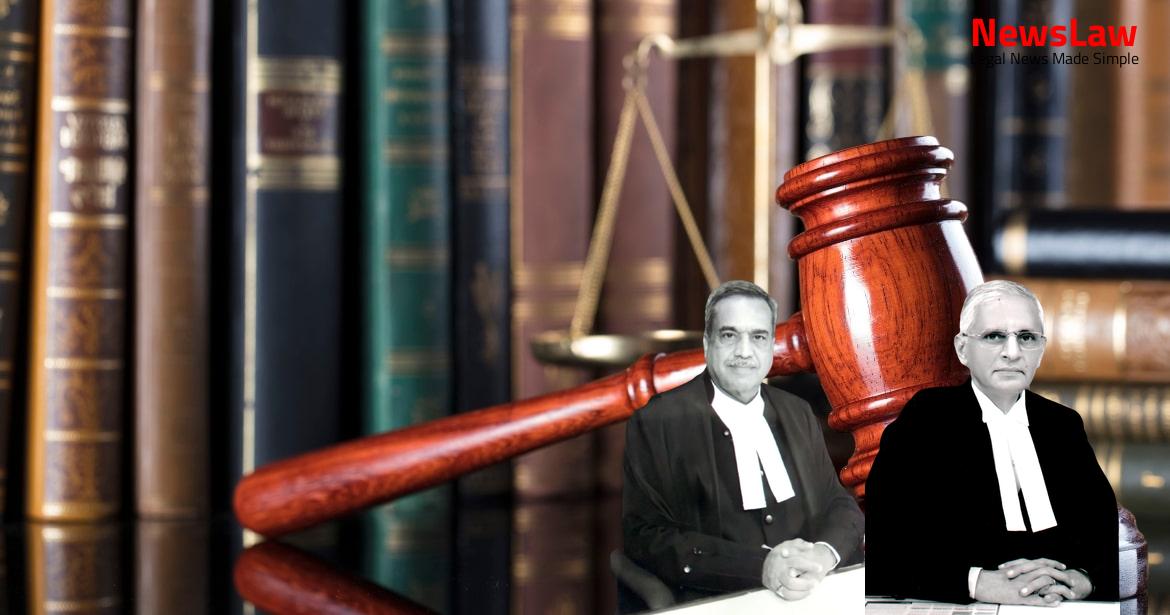In a groundbreaking legal analysis, the court delves into the intricacies of freedom of speech and expression in the context of criticizing government actions. This case sets a crucial precedent for upholding the rights of individuals to voice dissent in a lawful manner, without fear of repercussion. Let’s explore the nuanced legal arguments and the implications of this ruling on the realm of free speech and democracy.
Facts
- The appellant, a Professor at Sanjay Ghodawat College in Kolhapur, Maharashtra, had a WhatsApp status expressing unhappiness over the abrogation of Article 370.
- The appellant posted two messages on his WhatsApp status, one referring to August 5 as a ‘Black Day’ for Jammu & Kashmir and the other wishing ‘Happy Independence Day Pakistan’ on August 14.
- The State Government presented the exact text of the appellant’s WhatsApp status in their counter affidavit.
- The appellant was a member of a WhatsApp group comprising parents and teachers.
- The objectionable messages on the appellant’s WhatsApp status could potentially attract the offense under Section 153-A of the IPC.
- The appellant was originally a permanent resident of District Baramulla, Kashmir.
- The Division Bench of the High Court held that the appellant’s statement regarding celebrating Independence Day of Pakistan does not fall under Section 153-A of the IPC.
Also Read: Quashing of Complaint for Alleged Offenses in the Discharge of Official Duties
Arguments
- Representing respondent-State of Maharashtra submitted impact of appellant’s WhatsApp status on promoting disharmony is a matter of evidence.
- Prosecution needs to examine witnesses to establish effect of writings on people’s minds.
- No conclusion on impact can be drawn at this stage; trial should proceed as interference is not warranted.
- Appellant’s prosecution deemed as an abuse of process of law, per counsel’s argument.
- Referring to Manzar Sayeed Khan v. State of Maharashtra & Anr, only offence alleged is under Section 153-A of IPC.
- Counsel for appellant argues words on WhatsApp status won’t promote disharmony between different groups.
Also Read: Legal Analysis: Conviction Quashed in Kidnapping Case
Analysis
- Section 153-A of the IPC covers cases where a person promotes disharmony or feelings of enmity, hatred, or ill will between different religious, racial, language, or regional groups.
- The intention to cause disorder or incite people to violence is crucial in such cases.
- The offence specified in sub-section (1) involves promoting enmity between different groups on the grounds of religion, race, place of birth, residence, language, caste, or community.
- The punishment for such offences can extend to five years of imprisonment and a fine.
- The section also mentions that organizing activities intending to train participants to use criminal force or violence against any group can lead to imprisonment for up to three years or fine or both.
- The right to dissent in a lawful manner is a part of the right to lead a dignified and meaningful life guaranteed by Article 21.
- Police machinery needs to be educated on the concept of freedom of speech and expression under Article 19(1)(a) and the extent of reasonable restraint on free speech and expression.
- Motives cannot be attributed based on religion; every citizen has the right to criticize government actions.
- Expressions of individual views or reactions to events like the abrogation of Article 370 must be considered as a whole, not in isolation.
- Good wishes to other countries on their Independence Days are not grounds for promoting disharmony.
- Evaluation of dissent should focus on its impact on reasonable people in significant numbers, not on individuals with weak minds.
- Expressions of protest or anguish, even if strong, may not attract charges under Section 153-A of the IPC.
- Criticism or protest against state actions should not be automatically construed as an offence under Section 153-A to safeguard democracy.
- Section 153-A of the Indian Penal Code deals with the promotion of enmity between different groups on various grounds.
- The intention to cause disorder or incite violence is essential for the offence under Section 153-A IPC.
- The prosecution must prove the existence of mens rea on the part of the accused.
- The words used must have the tendency to create public disorder or affect public tranquility for the law to intervene.
- The intention of the accused is primarily judged by the language used in the writing and the circumstances surrounding it.
- The matter complained of must be considered as a whole rather than isolated passages.
- The appellant in this case criticized the abrogation of Article 370 without targeting any specific group based on religion, race, or other grounds.
- Criticism of government decisions falls under the freedom of speech and expression guaranteed by the Constitution.
- The right to dissent peacefully is integral to democracy and should be respected by all individuals.
- Reasonable restrictions can be placed on the right of free speech in certain circumstances.
- The effect of the words used by the appellant should be judged by the standards of reasonable and strong-minded individuals.
- Intention is considered an essential element of the offence under Section 153-A as per judicial interpretations.
- Continuation of the prosecution under Section 153-A of the IPC deemed a gross abuse of the legal process.
- Prosecution said to be prejudicial to the maintenance of harmony among various groups
- Stated that the prosecution is not in the interest of maintaining harmony
Also Read: Legal Analysis on Meat Seizure and Sample Collection
Decision
- The impugned judgment dated 10 April 2023 of the High Court of Judicature at Bombay is set aside.
- The impugned FIR bearing no. 295 of 2022 registered at PS Hatkanangle, District Kolhapur, Maharashtra is quashed.
- The proceedings based on the impugned FIR are also quashed.
- The Appeal is allowed.
Case Title: JAVED AHMAD HAJAM Vs. THE STATE OF MAHARASHTRA (2024 INSC 187)
Case Number: Crl.A. No.-000886-000886 / 2024



